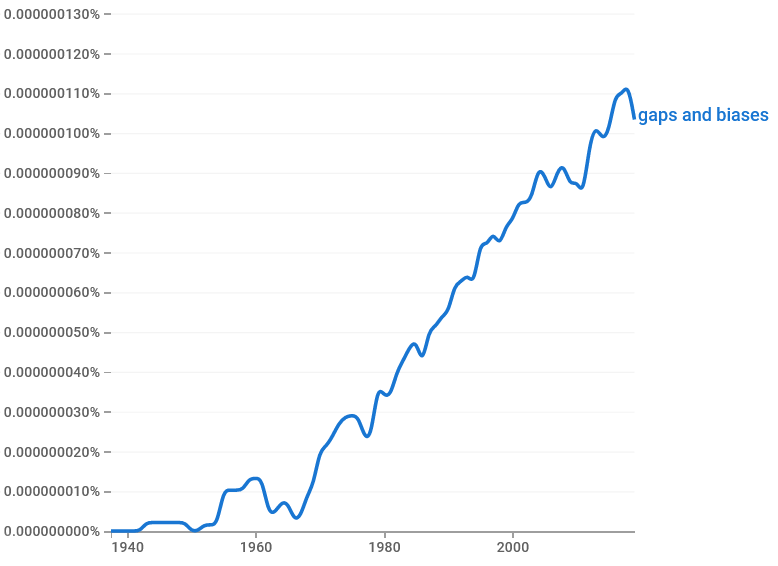Statements of disappointment in product communities
There is an interesting type of feedback, which you can often find when people tell on the web that they are disappointed in a product they are invested in.
read more ...“I waited 10 years for this release and I had high hopes. But after trying it, I was shocked by the …
